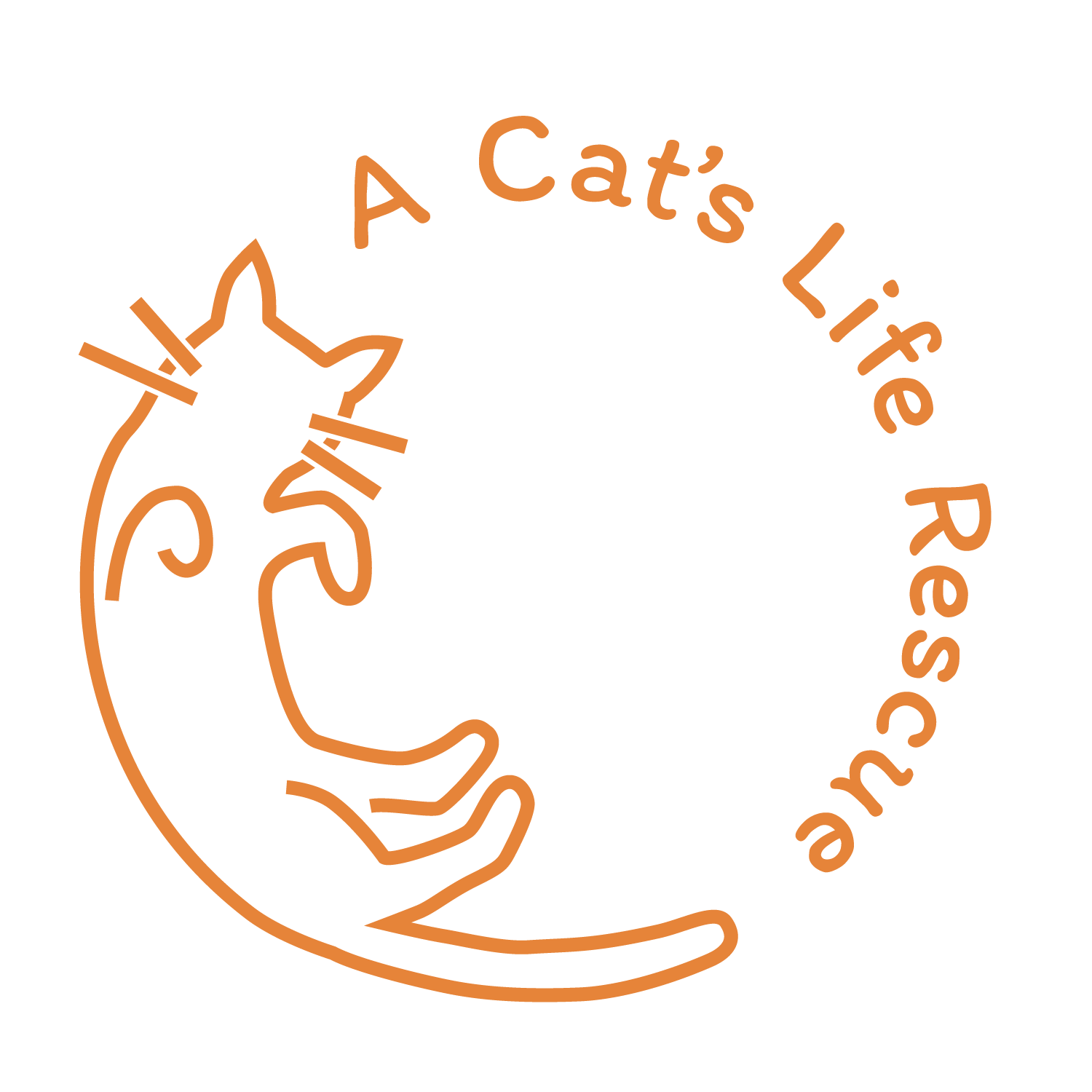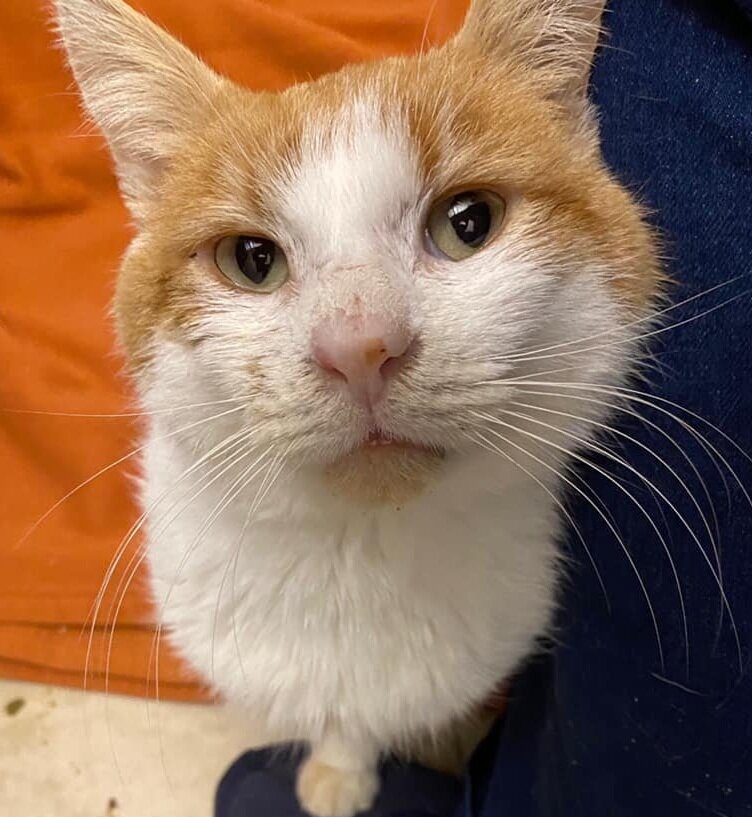Cats with FIV
Feline Immunodeficiency Virus
Feline immunodeficiency virus (FIV) is a cat-specific virus that attacks the immune system, making them increasingly vulnerable to other illnesses. Shelters, rescues and pet owners can take simple steps to significantly reduce the chances of transmission between cats. The virus is transmitted through bodily fluids such as saliva and blood. Spaying and neutering cats is one of the easiest ways to prevent transmission. Everyday activities such as grooming and sharing litter boxes present a minimal risk of transmission as the virus does not survive very long in an environment.
Outdoor cats are at an increased risk of transmitting FIV due to mating and fighting. Therefore, trap-neuter-return programs are vitally important to protect outdoor cats.
Symptoms of FIV include:
Poor coat condition
Lack of appetite
Inflammation of the mouth and gums
Chronic infections
Diarrhea
Weight loss
There is no cure for FIV. Instead, veterinarians will work to mitigate their symptoms. Cats should not be euthanized for being FIV positive alone; they can live long, healthy lives. Despite this, FIV cats are at increased risk of other diseases because of their weaker immune system. Pet owners should monitor the health of their FIV-positive cat and take them to the veterinarian if any problem arises.

